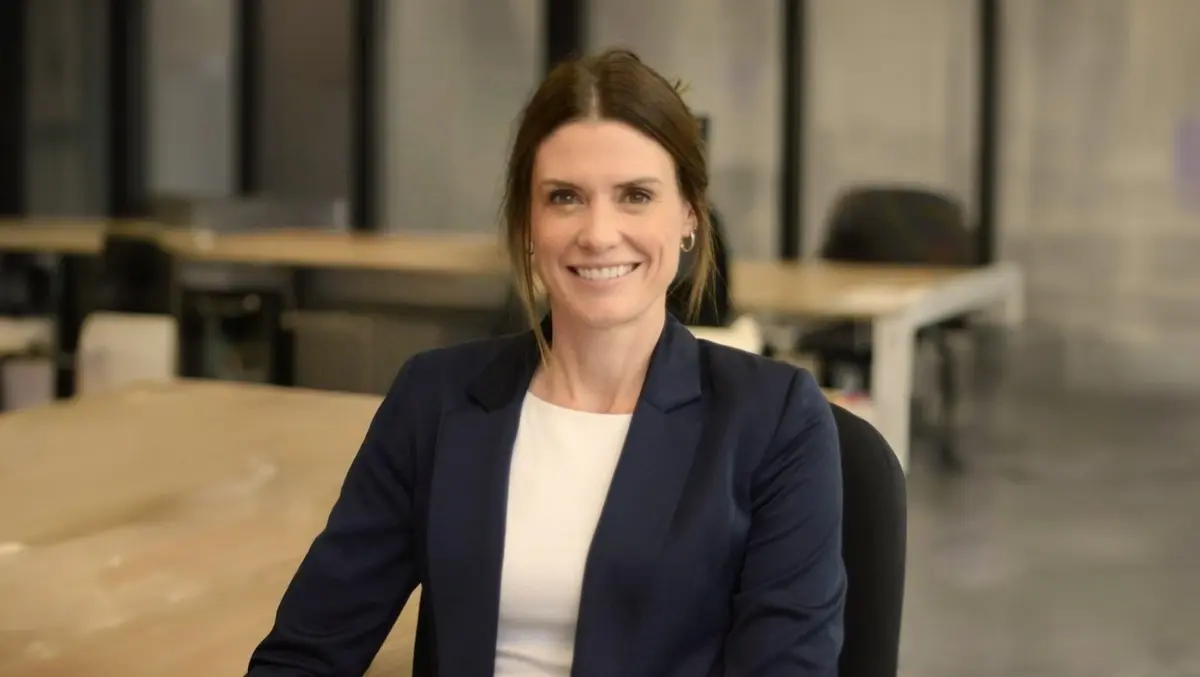
Exclusive: How Telstra Health's digital tools are driving change in Australia’s healthcare
An ageing population, rising costs, workforce shortages, and persistent health inequities are among the biggest challenges the country faces.
However, Dr. Jennifer Beer, Product Executive at Telstra Health, believes digital transformation is key to turning things around.
"As Australia's ageing population grows, the demand on healthcare providers increases, along with the complexity of the care needs they must address," she explained to TechDay during a recent interview.
The strain is not limited to urban centres. Rural and remote communities continue to face workforce shortages and fragmented care, made worse by a patchwork of systems that don't talk to one another.
"We know recruitment and retention of doctors, nurses, and allied health workers is particularly difficult in regional areas," she explained, "and this contributes to disparities in health outcomes for people living outside our major cities."
Telstra Health is tackling these issues head-on, designing solutions tailored to the unique demands of Australia's diverse health landscape.
One example is Communicare, an electronic health record used by many of the country's most remote Aboriginal Medical Services.
"Communicare supports the delivery of multidisciplinary health services and is used by more than 8,000 healthcare professionals," Beer said. "It was developed over decades with input from frontline staff and peak bodies to address the challenges of care delivery in rural and remote areas."
A key feature is its offline functionality, allowing health professionals to access and update records without internet access, with data syncing automatically once connectivity returns.
Beer also emphasised the importance of interoperability - getting different systems and providers to share information securely and efficiently.
"Often, pathology or imaging results aren't shared between providers, which leads to delays and unnecessary tests," she said. "Incorrect or unavailable information can put lives at risk."
To help solve this, Telstra Health has partnered with Smile Digital Health, which provides a Clinical Data Repository built on FHIR standards – leading international rules and specifications for sharing healthcare data.
"Smile's approach supports data harmonisation and care gap analysis, which enhances real-time information sharing between care teams," she added.
Through initiatives including the Australian Sparked FHIR accelerator and the company's Smart suite of products, Telstra Health is also working on enabling features like electronic pathology orders, which remove the need for printing and allow clinicians to e-sign and send referrals directly to pathology providers.
Beer said listening to customers is crucial to the company's design approach.
"'Voice of the Customer' means our customers are at the heart of everything we do - from the products we create to the improvements we pursue," she explained.
She pointed to the CareKeeper app as a direct result of this feedback. Used in residential aged care facilities, the app reduces administrative time by allowing staff to enter information at the point of care using mobile devices.
"It streamlines handovers and improves communication and coordination," Beer said. "Staff told us they wanted to spend more time with residents and less time on documentation, and we listened."
In response to clinicians seeking more flexibility and innovation, Telstra Health offers Smart Marketplace and Smart API+. These platforms allow users to customise their tools and extract data from their own devices or apps - enabling new models of care while keeping the patient record as the single source of truth.
But even with robust tools and thoughtful design, change can be hard.
"Some resistance is natural," Beer acknowledged. "That's why we engage early with stakeholders and co-design solutions. By working alongside our customers, we can shape tools that truly meet their needs and integrate into existing workflows."
She said having a diverse team of clinicians within Telstra Health has helped ensure solutions are practical and grounded in real-world healthcare delivery.
"If you develop a product that meets healthcare's quintuple aims - better patient experience, population health, cost efficiency, clinician satisfaction, and equity - you're most of the way there," she said.
Looking ahead, Beer is enthusiastic about the role of artificial intelligence.
"We're already seeing meaningful results in diagnostic imaging and medical scribing," she said. "Used in the right context with appropriate safeguards, AI has huge potential."
Telstra Health's recently launched Smart Scribe tool is one example. Integrated with its MedicalDirector software, it uses Smart Marketplace AI-powered voice recognition to turn doctor-patient conversations into structured clinical notes.
"These notes can then generate referral letters, patient summaries, and medical certificates - all editable and savable directly into the patient's record," she said. "It can free up to two hours a day for clinicians."
Beer believes innovations like AI will only reach their full potential when backed by strong data interoperability frameworks.
"Legislative changes such as Sharing by Default, and global standards like FHIR, are key to enabling this," she added.
Telstra Health is also preparing for the future through investment in a connected care ecosystem. The company is focusing on modernising its systems with a shared data model and further developing tools like the Health Information Exchange (HIE) and Smart Connected Care suite.
Beer said collaboration with partners and openness to external innovation are central to staying competitive in a fast-moving sector.
"We recognise that Telstra Health can't solve these challenges alone," she said. "That's why we're committed to open, standards-based architecture and partnerships that deliver tangible value."
For Beer, success means supporting healthcare professionals to focus on what matters most.
"Our goal is to enable our customers to concentrate on the patients and residents under their care - not the systems they use," she said.


